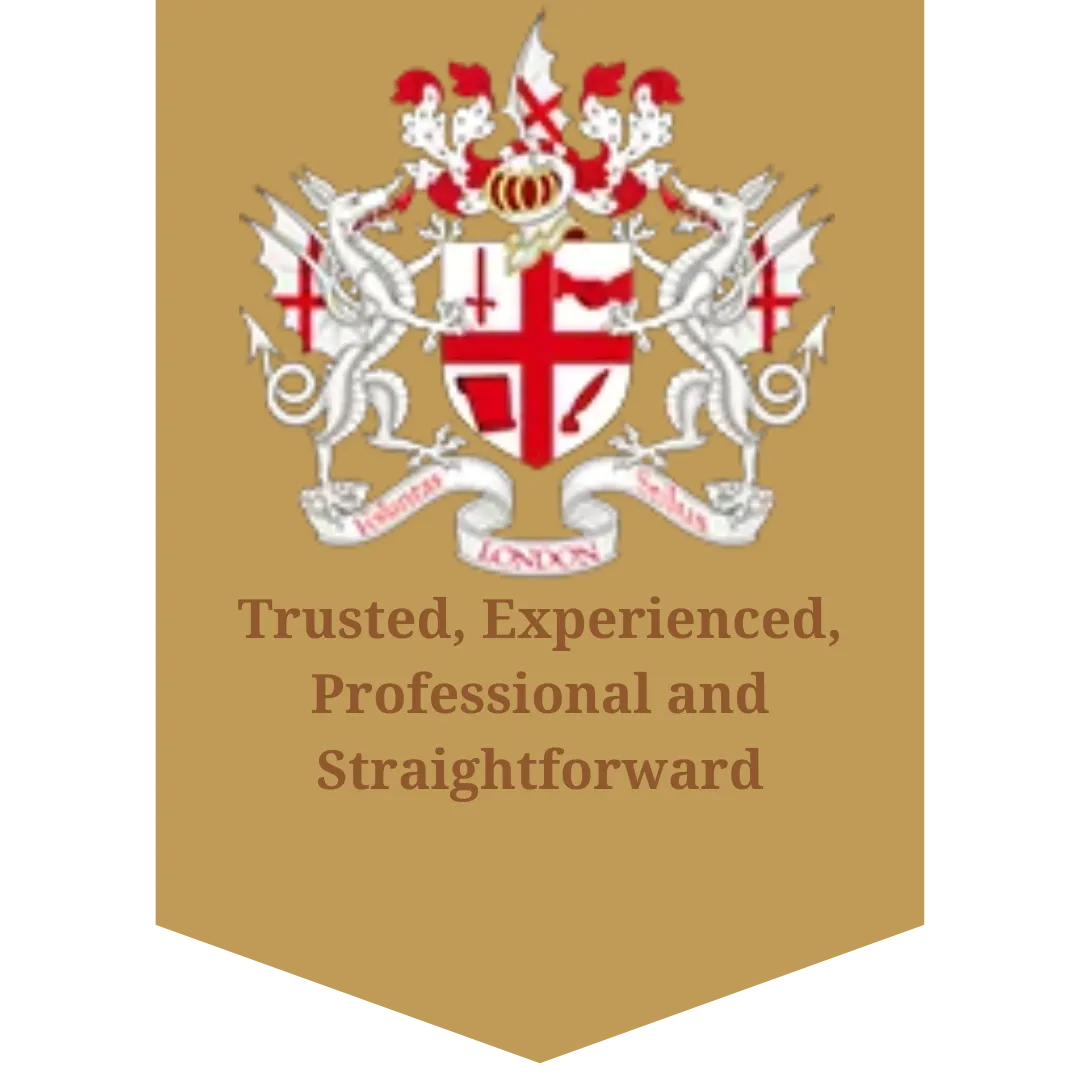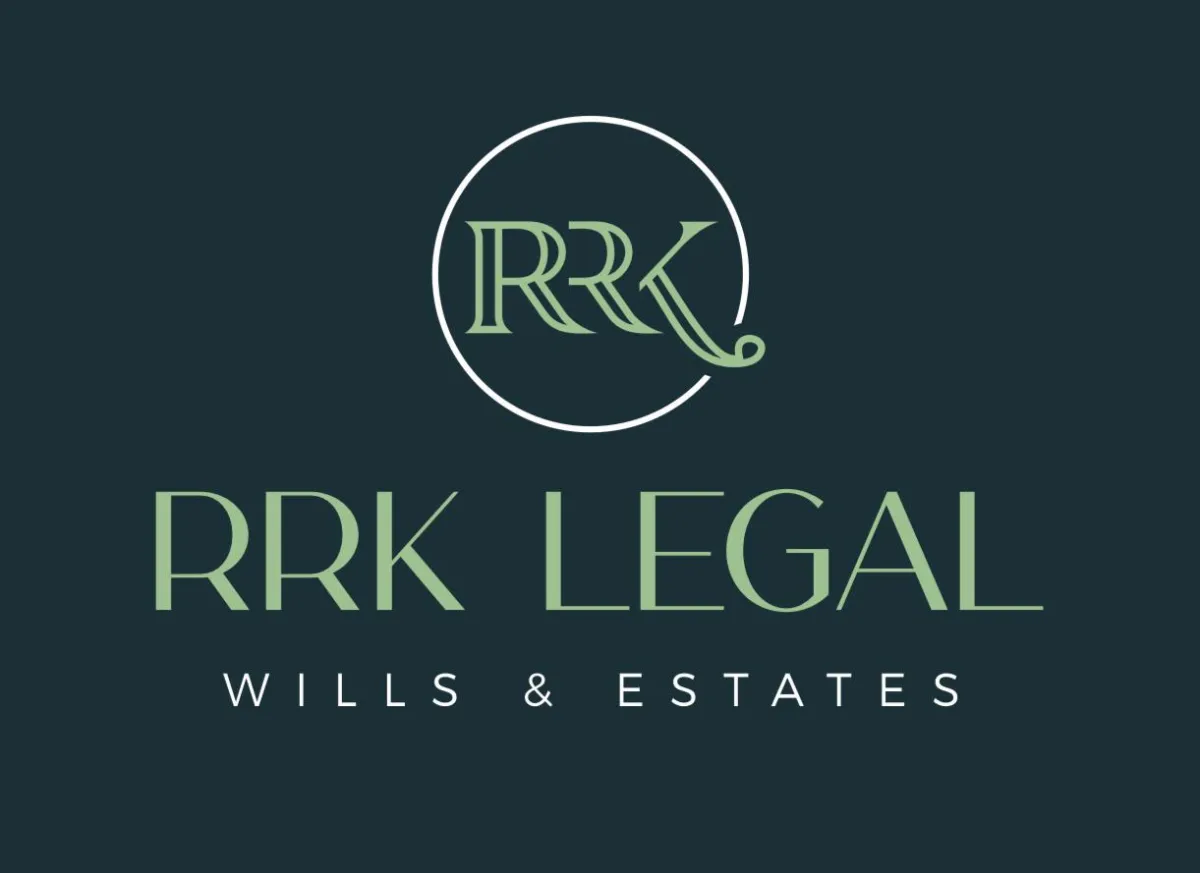


Exclusive NHS Staff Offer: Secure your Will Today for just £89
This is for NHS staff past and present, and any blue light card holders.


Get your Will written for Just £99 this month...
Convenient consultations
Via Phone, Video or Face to Face



PROTECT YOUR FAMILY'S FUTURE
WILL WRITING AND ESTATE PLANNING SERVICES

SIMPLE
At RRK Legal, our goal is to make the process of estate planning simple, informative and tailored to your unique situation.

INFORMATIVE
We provide thorough and affordable legal guidance and expertise, working with individuals and families to develop a customised estate plan that fits your individual needs.

TAILORED
Our clients turn to us for the personal attention we give each case – we will be with you every step of the way.

Free Estate Planning Report
Download a copy of our “Estate Planning Basics” eBook today to start your Estate Planning journey.
At RRK Legal, we’re passionate about leaving a legacy. Our experienced advisers will help you arrange your assets and protect your family with expert will writing and estate planning services for total peace of mind.

GET A FREE,
NO-OBLIGATION CONSULTATION
Find out how RRK Legal can help you. Contact our friendly team for a guaranteed fast response.

About RRK Legal
Upon your passing, making a will is the only way to be truly certain that your wishes will be met. Thinking about death can be scary and uncomfortable, and having conversations about how your estate will be distributed once you die can be even more overwhelming. Yet, it is important that the appropriate legal documentation is dealt with to reflect your wishes, and the best way to guarantee this is to work with professionals who you can trust.
"Well-priced
"
Ramid is super helpful, friendly and made the whole process of sorting a will easy. So easy I feel silly for putting it off.
All services were well priced too..

Mathew Akrigg
"Highly recommended"
I required powers of attorney documents. The service provided by RRK was exemplary. The efficiency and professionalism they showed in each step of the process was of the highest standards. Went above and beyond in exceeding expectations.
Highly recommended and will use their services again if required.

Kamran Hussain
"Great service"
Great service from RRK legal. Top man came to my house at a time which was convenient for me. Was very attentive and listened to everything I wanted in my will.
Thank you RRK Legal. Will definitely be using again when something arises.

Tufail Mahmood
"Very impressed"
Very impressed with professional yet friendly manner I was treated in. Made me feel comfortable so I was able to ask plenty of questions for my peace of mind. The advice provided enabled me to make an informed decision in regards to my will.
I would definitely recommend.

Maniza Parveen
"Definitely recommend"
Ramid was very pleasant to deal with. Knowledgeable and personable. I'd definitely recommend giving him a call.

David L
"Very good value"
Great service from start to finish!
Professional, no jargon and very good value compared to other quotes I had.
Will definitely recommend to everyone!!

Raj
"You won't be disappointed"
Will writing and estate planning, this is your go to company.
6 STAR EXPERIENCE, CUSTOMER FOCUSSED & PROFESSIONAL.
Highly recommended, I can you assure you won't be disappointed.

Dougie Kola
"Explained everything"
A consultant came and did a seminar for the whole company and explained everything perfectly! We all ended up doing our wills with RRK Legal!

Ks S
"Friendly and professional"
Friendly and professional service. Ramid is very helpful would definitely recommend.

Wasad Kamal
It’s never too early to think about your
Estate Planning requirements if you:
Own a home or have a mortgage
Have savings or assets in cash or shares
Are married or have children
Have assets to dispose off
Would like to make provision for your funeral

Wills from £99
We offer professional will writing services, to give you peace of mind that all of your wishes will be taken care of, as well as your loved ones, after your death.

Lasting Powers of Attorney
We can create legal documents that allow you to appoint one or more people to make informed decisions on your wealth and health during your lifetime.

Trust and Tax Advice
We assist with the creation and running of trusts to safeguard your wealth for future generations, mitigate tax charges and protect vulnerable dependents.

Document Storage
We provide a service that stores your legal documents for you, so that you can be assured they are stored safely and securely in our professional facility.

Contact
Registered address: Grosvenor House, 11 St. Pauls Square, Birmingham, England, B3 1RB

© 2023 RRK Legal
All Rights Reserved
